
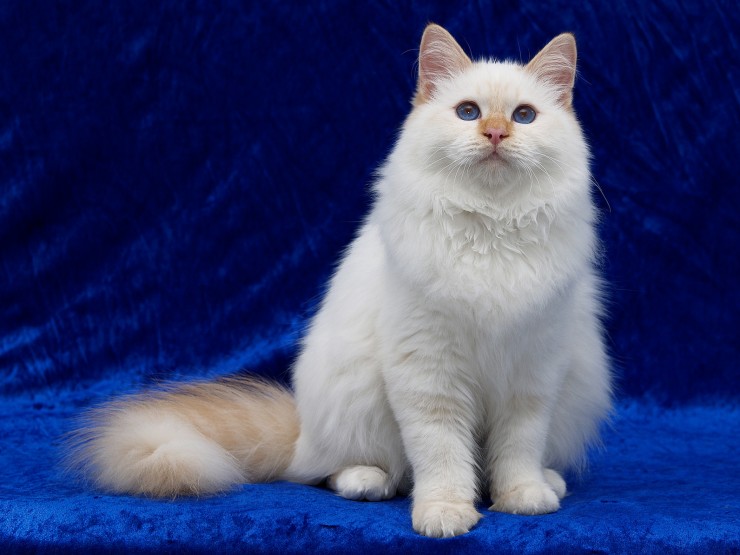
Turkish Angora cats have to be among the most beautiful felines on the planet and as a real bonus they have lovely personalities too. These active cats are more than a little agile and there's nothing they like more than to be chasing around hunting things down in the great outdoors. Over the years the breed has become one of the most popular choices of pets for families with young children, but the same can be said of them being brilliant companion cats for older people too.
The Turkish Angora has a reputation for being a confident character, but these cats don't like being left to their own devices for great lengths of time either. They need lots of mental stimulation to be truly happy which means if you share your home with one, you'd need to invest in lots of good quality interactive toys that will keep your pet happy when you are not around. When it comes to health, the breed is known to be pretty robust, but like so many other pedigree cats, the Turkish Angora may develop a hereditary health issue during the course of their lives.
Having lovely blue eyes does have a downside for the breed because it means they are more predisposed to deafness. Should a cat have one blue eye and the other one another colour, they might just lose their hearing in the one ear which is something worth bearing in mind should you share your home with one of these stunning cats. On the upside, when a cat is deaf either in both ears or just the one, it generally does not have too much of an impact on their lives. However, it is better to know that your pet might have impaired hearing so that you understand their condition and why they don't respond to you when you call them and they are not looking at you.
A few Turkish Angoras have been reported as having developed a condition that affects their hearts known as Hypertrophic Cardiomyopathy or HCM as the condition is often referred to. This is a heart issue that affects quite a lot of breeds of cat. The condition sees a thickening in their heart muscle and in particular in the left ventricle. It can seriously impact the heart's ability to effectively pump oxygenated blood into a cat's aortic valve which is then sent to the rest of their body. It is thought the condition may be an inherited disorder with some cat breeds being more predisposed to developing the condition than others. However, more research into the genetic side of things needs to be carried out in order to establish whether this is true of the Turkish Angora or not.
The heart condition usually affects cats when they are anything from 5 to 7 years old, but some cats as young as 3 months old may also develop HCM and others as old as 17 may suffer from the condition too. One thing worth noting is that male cats seem to be more predisposed to developing the disorder than their female counterparts. Another thing worth noting is that when a Turkish Angora develops a heart murmur, it might not be as a result of HCM, but rather other conditions like Hypertension or Hyperthyroidism.
When a Turkish Angora develops Hypertrophic Cardiomyopathy, there are certain symptoms to watch out for which includes the following:
If you have set your heart on getting a Turkish Angora kitten, it's really important to contact reputable, well-established breeders who take great care in screening all the cats they use in their breeding programmes. A good breeder would be only too happy to discuss any health issues the breed is known to suffer from with you and they would always be proud of the Turkish Angoras they produce. If you find a breeder is unwilling to show you a cat's litter mates or their parents, leave well alone and contact other breeders who would be only too willing to do so.
The Turkish Angora is a gorgeous looking cat and one that is among the most popular choices as a family pet or companion. They are clever and alert as well as very independent although they don't particularly like being left to their own devices for long periods of time. The breed is known to be healthy although there are a couple of health issues that are worth making a note of. One of which is deafness, a problem that many blue-eyed cats suffer from and the other is HCM, a heart disorder that may be genetic although more research is needed to establish whether this is the case or not in the Turkish Angora.
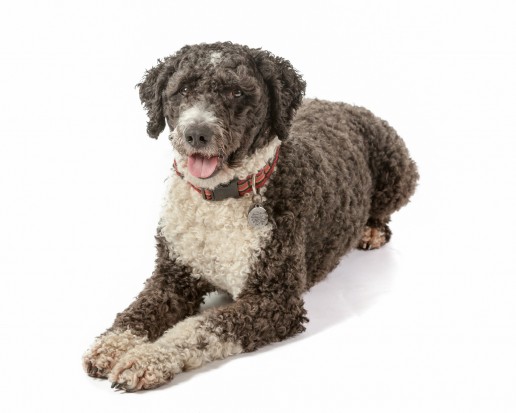 The Spanish Water Dog Coat Care And Variants
The Spanish Water Dog Coat Care And Variants
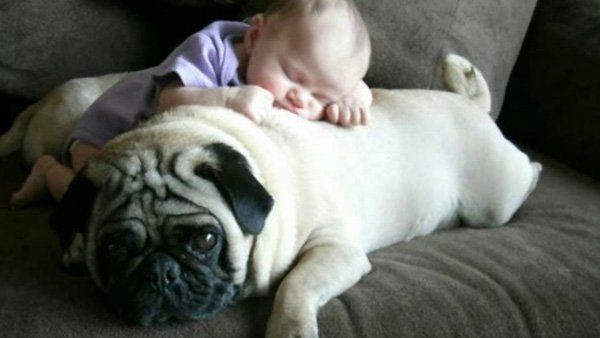 A Simple Guide to Kitten Age Estimation
A Simple Guide to Kitten Age Estimation
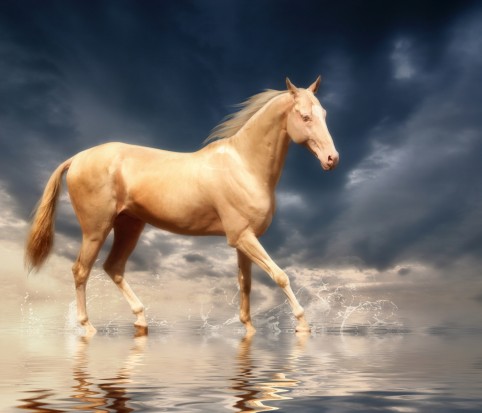 The Magnificent Iridescent Horse Called The Akhal-teke
The Magnificent Iridescent Horse Called The Akhal-teke
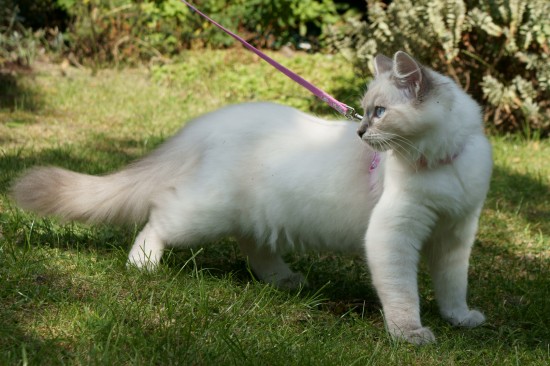 Is Walking Your Cat On A Lead As Crazy As It Sounds?
Is Walking Your Cat On A Lead As Crazy As It Sounds?
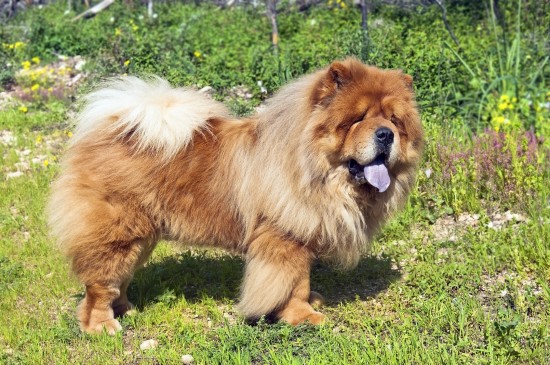 The Coefficient Of Inbreeding In Pedigree Dogs, And Why It Matters
The Coefficient Of Inbreeding In Pedigree Dogs, And Why It Matters
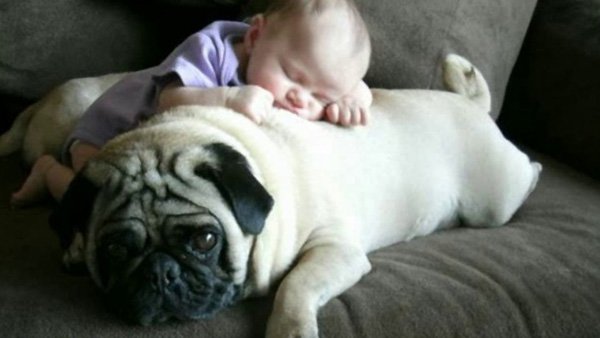 Provide Your Pet with Best Dog Clothes and Dog Food Supplies for Keeping Them Happy
Provide Your Pet with Best Dog Clothes and Dog Food Supplies for Keeping Them Happy
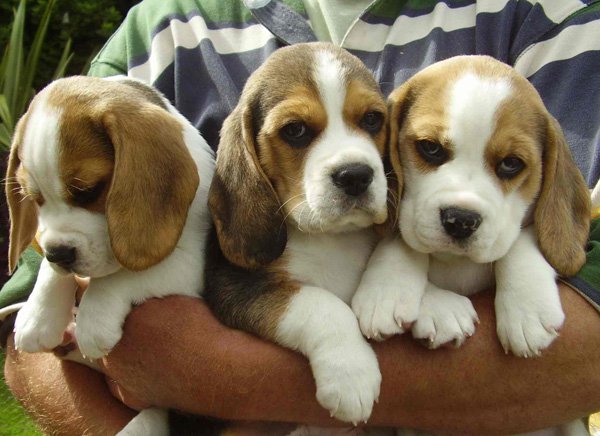 Underground Dog Fence Installation- Keeping Your Dog within Bounds
Underground Dog Fence Installation- Keeping Your Dog withi
Underground Dog Fence Installation- Keeping Your Dog within Bounds
Underground Dog Fence Installation- Keeping Your Dog withi
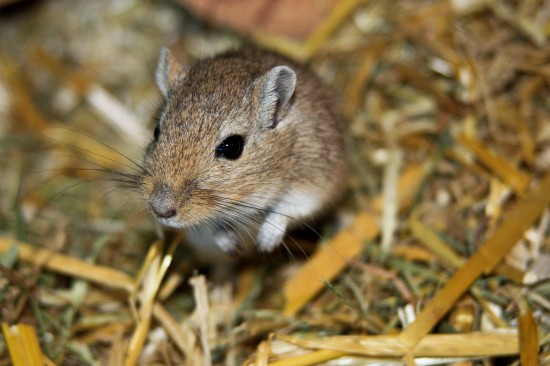 How To Safely Introduce Two Gerbils
How To Safely Int
How To Safely Introduce Two Gerbils
How To Safely Int
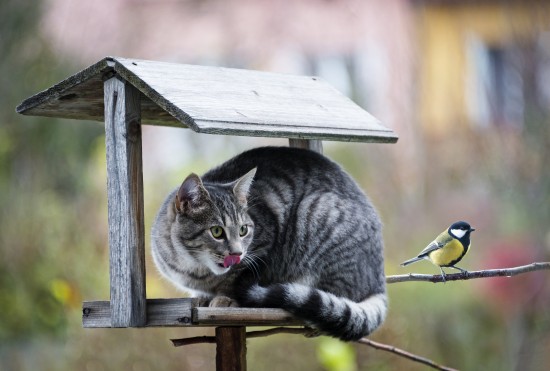 Protecting Wild Birds From Hunting Cats
Protecting Wild B
Protecting Wild Birds From Hunting Cats
Protecting Wild B
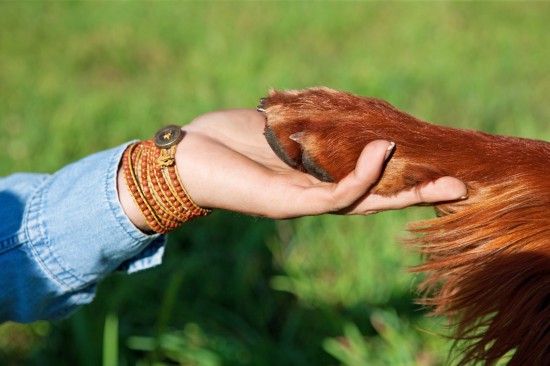 Problems With The Achilles Tendon And Calcaneus In Dogs
Problems With The
Problems With The Achilles Tendon And Calcaneus In Dogs
Problems With The
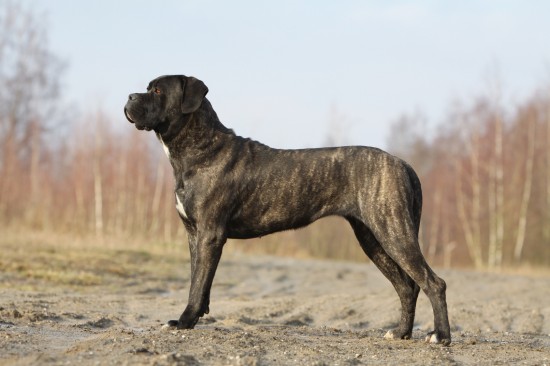 Does The Cane Corso Dog Make A Good Pet?
Does The Cane Cor
Does The Cane Corso Dog Make A Good Pet?
Does The Cane Cor
Copyright © 2005-2016 Pet Information All Rights Reserved
Contact us: www162date@outlook.com